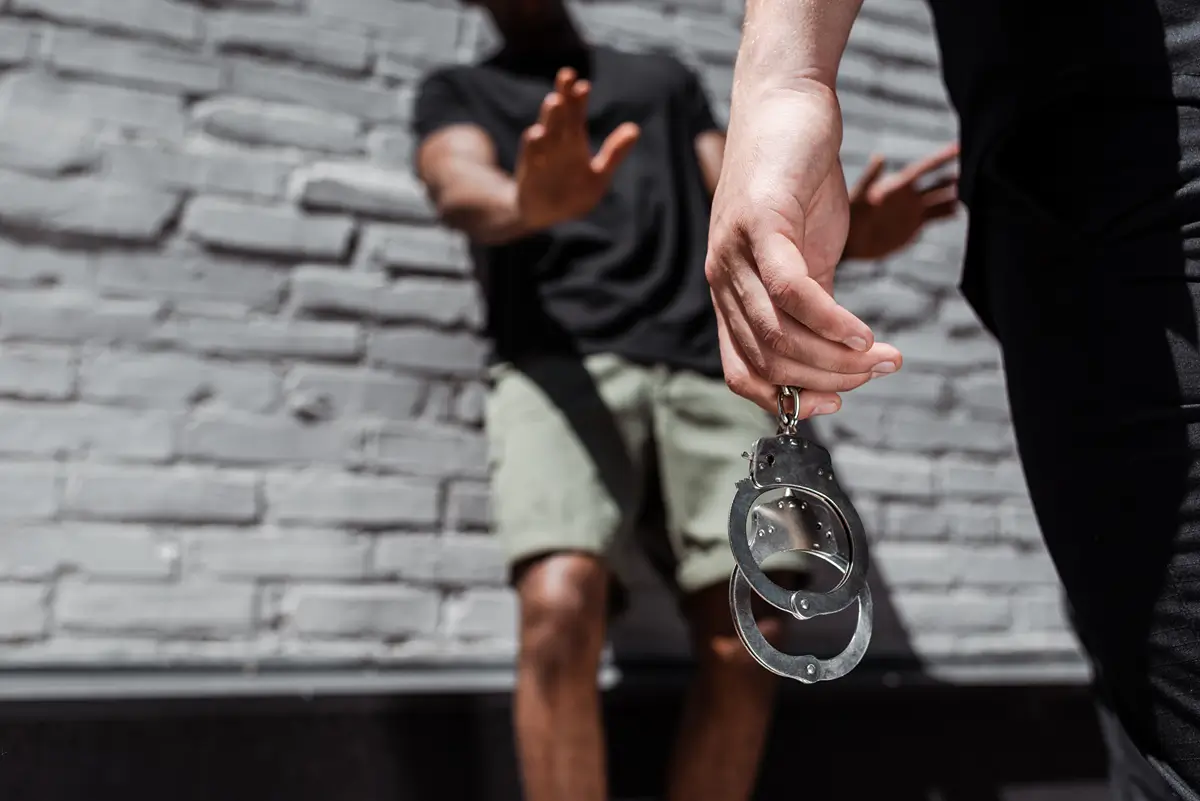“Teenagers are good at making bad decisions.”
This point, which is obvious to any parent of a teenager or anyone who used to be a teenager, was recently made by Todd Warner, a Ph.D. candidate in psychology at the University of Virginia. The bad decisions Warner was specifically referring to are the choices made by juveniles who find themselves facing the kind of intimidating or manipulative interrogations that police regularly use on adult suspects to elicit incriminating information or, as is way too often the case, coerce false confessions.An analysis of exonerations from 1989 to 2004 found that 42 percent of exonerations of juveniles involved false confessions at the time of the crime, compared with 13 percent of false confessions involved in adult exonerations. The analysis also found that among 12-15 year-olds, 69 percent confessed to homicides and rapes that they did not commit. For example, William Hurt, an 18-year-old from Evansville, who had confessed as a juvenile to killing a family friend along with his brothers and sisters, was acquitted by a jury last year.
Teenagers Are More Vulnerable to Police Techniques
The nature of the teenage mind – impressionable, vulnerable, suggestible to authority figures and more likely to value short-term gain over long-term consequences – is a primary reason for this increased rate of false or coerced confessions among juveniles. Notwithstanding the developmental differences between adults and juveniles and the vulnerabilities of young people facing harsh interrogations, a study Warner recently conducted found that the vast majority of police reported using the same interrogation techniques they use on adults with juveniles in their custody. He also found that only about 20 percent of police officers receive any training regarding adolescent development and less than half receive training on how to assess a young suspect’s comprehension of their Miranda rights.
Waiver of Miranda Rights
In fact, a lack of understanding as to their rights has led to about 90 percent of teenagers waiving their Miranda rights according to a separate study. This can of course have devastating consequences for the juvenile. Luckily, Indiana has enhanced protections for juveniles as to any waiver of their constitutional rights during custodial interrogations and for the most part non-emancipated children cannot waive their rights without consulting with a parent, attorney or guardian ad litem.
Recommendations to Reduce Number of False Juvenile Confessions
But even with these protections against a waiver of rights, the interrogation techniques used by police as to juveniles in their custody need to be changed and better training needs to be provided, according to Warner’s study. Among his recommendations:
- Officers should receive training in adolescent brain development to gain a better understanding of how they think and rationalize differently from adults.
- They should not use fabricated evidence or other forms of deceit to capitalize on the vulnerabilities of the developing brain.
- All interrogations should be videotaped to protect the integrity of the evidence. (Indiana Evidence Rule 617 requires that custodial interrogations in a place of detention must be audio and video recorded for felony criminal prosecutions, unless certain exceptions apply, but this rule has not been extended to juvenile interrogations generally).
- Current lie-detection techniques should not be used because many studies show that attempts to determine whether someone is lying based on eye contact and body language are wrong half the time. “Other methods work better,” Warner said, “such as using techniques that increase cognitive load, including having a suspect tell what happened in reverse order.”
The grave injustices that follow from false confessions is a stain on our criminal justice system; a tragedy that is compounded when these tragedies involve young people. Any changes in police training and techniques that can serve to reduce the number of youths convicted after false or coerced confessions should be supported.
The laws governing legal advertising in the state of Indiana require the following statement in any publication of this kind: “THIS IS AN ADVERTISEMENT.” This website is designed for general information only. The information presented at this site should not be construed to be formal legal advice, nor the formation of a lawyer/client relationship.






